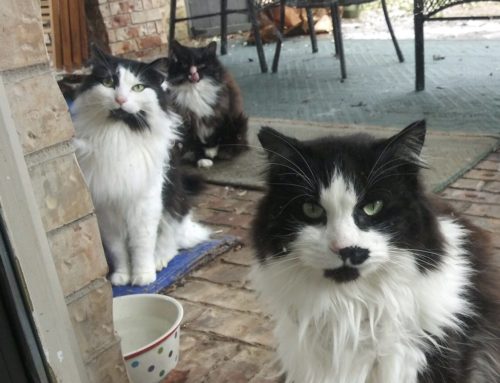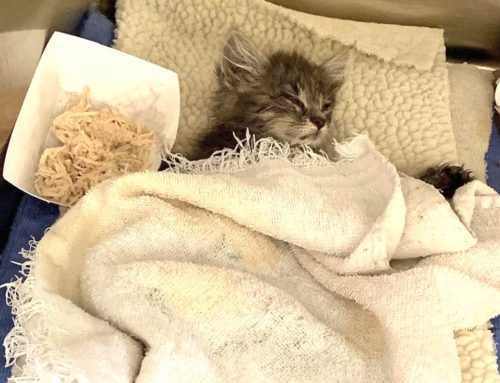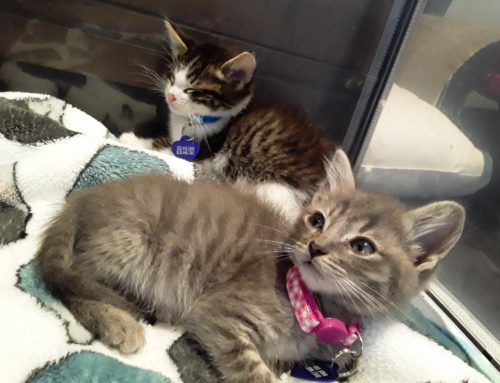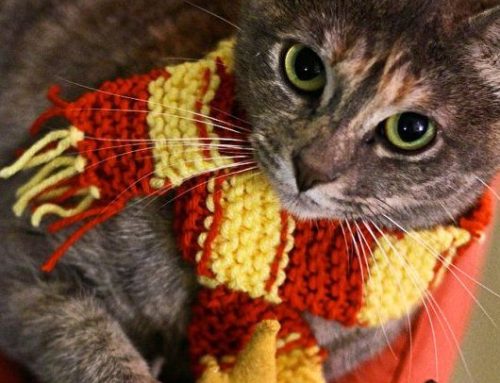When most of us think about Israel, images of bombs exploding in markets and public squares come to mind. It is a beautiful but deeply conflicted, war torn country. Most people living there are understandably consumed with their day-to-day survival much less caring for the livelihood of millions of their country’s homeless cats.
Conversely in a small town outside of Tel Aviv Israel, Riva Mayer, a cat welfare specialist and Founder of The Cat Welfare Society of Israel has selflessly made it her life’s work for the past thirty years to fight for the plight of Israel’s homeless cats. In her twenties she witnessed the brutal poisoning of hundreds of community cats at the hand of the municipality, “It was horrible, the cats suffered a lot, terrible,” says Riva.
Since then Riva and her organization have been on the front lines educating the public and lobbying the government for better animal welfare laws. In 2004 she went before the Supreme Court and successfully passed a law prohibiting the poisoning of Israel’s homeless cats.
Riva, deeply inspired by Karn Meyers and FixNation, has been struggling to implement a TNR in Tel Aviv. And in 2012, she and her partners traveled to the United States where they met with Karn and toured the FixNation facility, planning to use it as a standard by which they will build their own program when funding is available.
A seemingly daunting task in the face of Israel’s staggering cat overpopulation problem and lack of funding. “Unlike other parts of the world the weather is fairly mild here and cats are breeding four seasons a year. It is a major problem. The other issue is funding. An estimated 2 million cats are suffering on the streets here in Israel. The people are indifferent to the plight of hungry kittens.” When asked about calling upon Israel’s elite for assistance. Riva replied.
“Rich people don’t care about cats in Isreal, they mostly care about dogs but not cats. It’s a day-to-day struggle to get funding for community cats.”
She explained to me that up until the last twenty-five years most people did not consider dogs and cats as pets. Dogs were kept outside as guard dogs. Cats were not adopted as pets. “Many people in Israel still want a purebred animal. They don’t consider adopting one from the street or a shelter,” said Riva.

Another issue that Riva brings to light is Israel’s lack of knowledge regarding cats and their welfare. ”Lots of people have no idea how to treat a cat.” However Riva did share a heartwarming story about a family who had adopted a community cat. The cat initially had a great deal of issues and was urinating all over the family home. Riva was able to identify the acting out behavior as a basic reaction to having a dirty litter box. “The family was not cleaning out the cat’s litter box causing the cat to defecate elsewhere. Once they started putting a clean litter box out it stopped. I have also helped teach people how to play with cats. Instead of just using their hands I show them how to play with cats using rods.”
Riva remains positive despite her seemingly insurmountable struggles towards making people care about feral cats in a country that is blatantly indifferent towards them. She is unwavering in her mission to duplicate FixNation’s successful program. In fact, Riva hopes to set up ten clinics throughout Israel that can spay and neuter up to a hundred cats a day. Riva is also emphatic that quality must not be sacrificed in lieu of quantity when it comes to sterilization procedures. She is quick to point out that small private clinics are often overwhelmed by the sheer volume of cats and dogs and cannot always offer the highest quality of care necessary.
While the landscape for Israel’s feral cats seems fairly bleak, Riva is connected to a growing network of hundreds of compassionate caretakers throughout Israel who are helping community cats in their own area. She offers advice and support whenever she can. “These caretakers often spend their entire income feeding and providing shelter to feral cats in their neighborhoods; however they are overwhelmed and cannot afford to spay and neuter the cats.” This is something that Riva hopes to rectify with the proper funding so that her organization can offer a wider network of services to these caretakers alleviating them from some of the burden and costs associated with caring for hundreds of cats.
So it’s with great excitement that Riva will be traveling to FixNation’s headquarters in Los Angeles again this year, accompanied by two vet techs and two vets to undergo training in order to successfully duplicate Fixnation’s programs in Israel. Perhaps some of the wealthy pro Israel cat lovers in the United States will step up and help with Riva’s dream.
When asked how many cats she herself owns Riva laughs, “Too many, I have many that also live in my garden.” Let’s hope that Riva in association with the indomitable Karn Myers and FixNation can finally make some great change happen for the homeless cats in Israel.





